Alarm over espionage, organised crime risk posed by Chinese cameras
Cameras manufactured by companies linked to grave human rights abuses are monitoring public spaces all over Australia, and potentially providing backdoor access to footage to other bad actors.
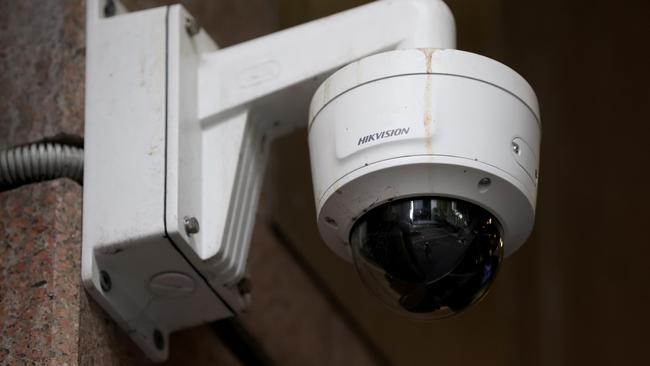
Hundreds of thousands, if not millions, of cameras manufactured by companies linked to grave human rights abuses by the Chinese government are monitoring public spaces all over Australia, and potentially providing backdoor access to footage to other bad actors.
The cameras, manufactured by Chinese Communist Party-linked companies Hikvision and Dahua, were removed last year from government departments amid spyware concerns, but they remain prolific in countless other public settings.
Leading global security expert Conor Healy, who visited Australia last week, said concerns regarding the capacity for the cameras to enable covert access to an array of bad actors, including pedophiles and organised criminal networks, were at least as worrying as the companies’ links to Chinese human rights abuses.
“Claims of thousands or tens of thousands of Dahua and Hikvision surveillance devices in Australia are serious underestimations,” said Mr Healy, director of government research at US-based independent security and surveillance industry research group IPVM.
“The true number is at least hundreds of thousands, if not millions, given their significant market share in Australia.
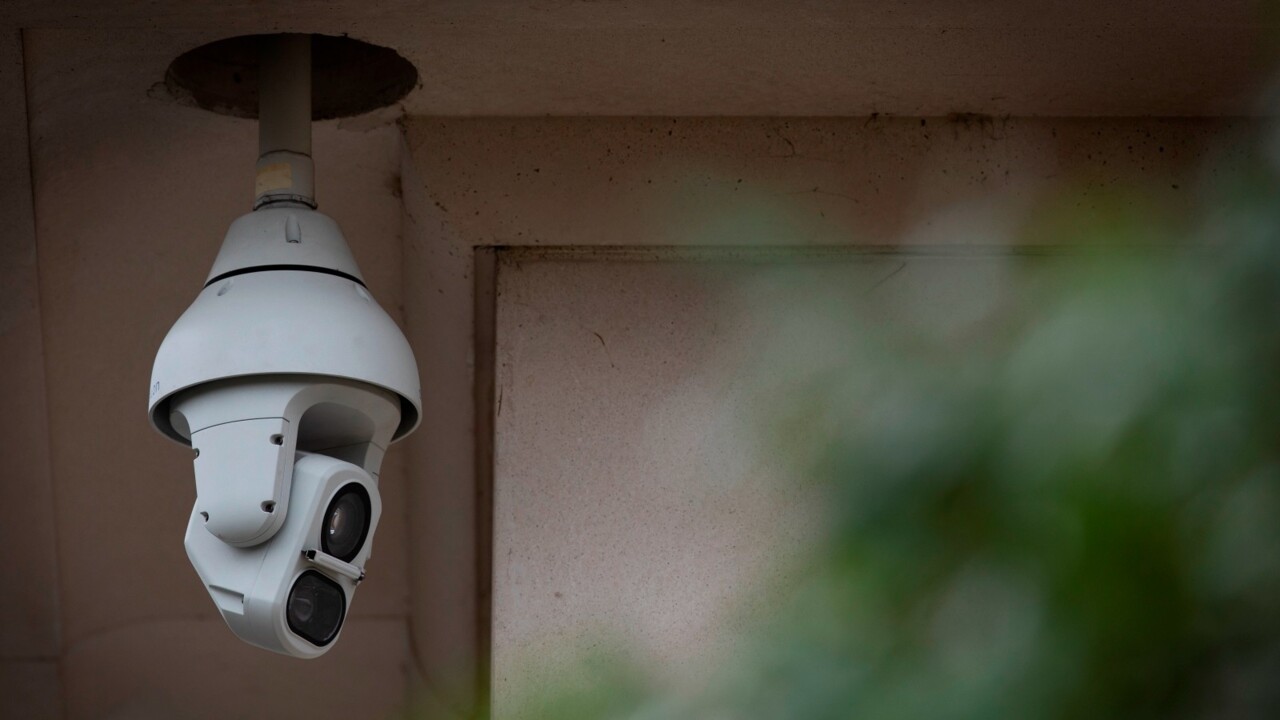
“Australians can easily see this for themselves by walking a block of any city street, and that is without considering the numerous other brands these devices masquerade as.”
During a walk around Melbourne last week, Mr Healy spotted Hikvision and Dahua cameras in locations including the Shrine of Remembrance, National Gallery of Victoria, Melbourne Town Hall, and Melbourne Airport.
He said while espionage concerns were valid, they “tend to politicise this issue and drown out the broader public impacts of insecure security products”.
“Whether created by the PRC Ministry of State Security or carelessness, cyber vulnerabilities exist for anyone to exploit once discovered,” Mr Healy said.
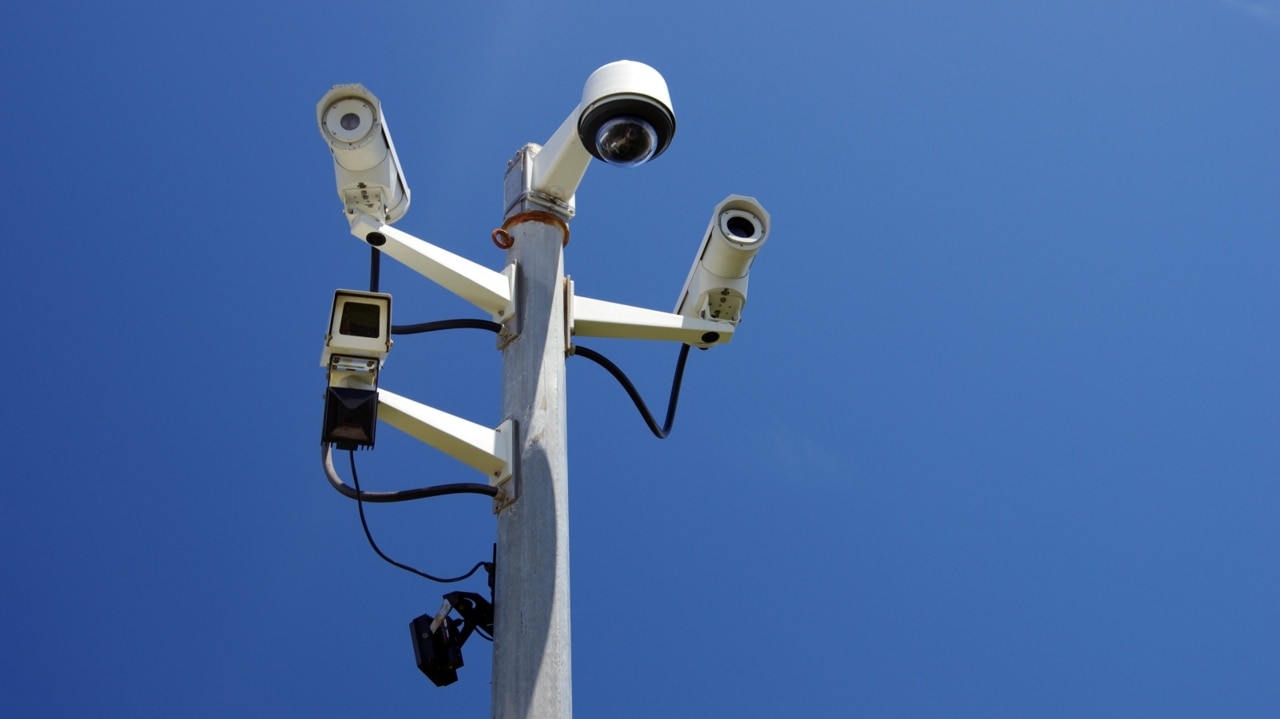
“Cameras in people’s homes used to monitor children have fed illicit markets on Telegram for child pornography. Abuse for myriad forms of criminal activity can happen, and is happening.
“Government officials … inexplicably appear to be ignorant of this grave problem, perhaps taking cues from security industry professionals who regularly push the specious and perverse logic that it’s really the public who are to blame for not updating their software, or not connecting devices in the most secure way, rather than the manufacturers.
“If we cannot agree on China, we should at least agree that it is unacceptable for security manufacturers to sell insecure products, then do little to address their failures. Western governments are enablers, and should be cracking down on cybersecurity failures with the same zeal as on oil spills or E. coli outbreaks.”

Opposition home affairs and cyber security spokesman James Paterson said “high-risk vendors” such as Hikvision and Dahua had “no place in federal, state or local government because of the cyber security risk they pose and the immorality of supporting companies involved in serious human rights abuses”.
“They should also be nowhere near a critical infrastructure operator like ports, airports, electricity networks or banks. It’s time for the federal government ban on these products to be extended to these nationally significant sectors,” Senator Paterson said.
“The Minister for Home Affairs should use the powers under the security of critical infrastructure act to mandate their removal immediately.”
IPVM research has highlighted the close links both Hikvision and Dahua have to the Chinese Communist Party, with both companies having played roles in the manufacture of technology for the Chinese military, as well as of devices which have been used to monitor and torture Uyghurs and other minorities in Xinjiang province.
The two companies — the largest and second-largest providers of video surveillance globally — have been awarded more than US$1 billion in contracts for Chinese government-backed projects in Xinjiang, including the provision of facial recognition technology to identify Uyghurs.

Hikvision is the manufacturer of the notorious “tiger chair” torture device, which has been used by Chinese police to painfully immobilize political dissidents during interrogations.
Neither Hikvision nor Dahua responded to requests for comment.
Home Affairs and Cyber Security Minister Clare O’Neil said the government had taken “significant steps to eliminate certain high risk vendors from government devices and buildings.”
“We are also developing a framework for assessing the national security risks presented by vendor products and services — a systematic approach to a problem that has gone unchecked in our country under the last government,” Ms O’Neil said.
Sydney-based security expert Daniel Lewkovitz said he had opted not to use Chinese-manufactured cameras with his company, Calamity Monitoring, after discovering race detection software in Dahua technology some years ago.

“I decided then and there that my company was not going to support any organisation that was directly involved in human rights abuse, and this is certainly the case with a significant number of Chinese CCTV vendors, both in the way their products are manufactured, which extends to many products on Australian shelves, but more specifically the use of this technology to impinge on freedom and basic human rights,” said Mr Lewkovitz.
“However, these products are the cheapest on the market, which has meant that our ethical stand has seen us lose considerable business to companies who can sell their installations more cheaply at the expense of human rights.
“Most disappointingly this also extended to government and large corporates, who on the one hand will virtue signal about their commitment to human rights, while at the same time choosing the lowest quote at the direct expense of human rights.”


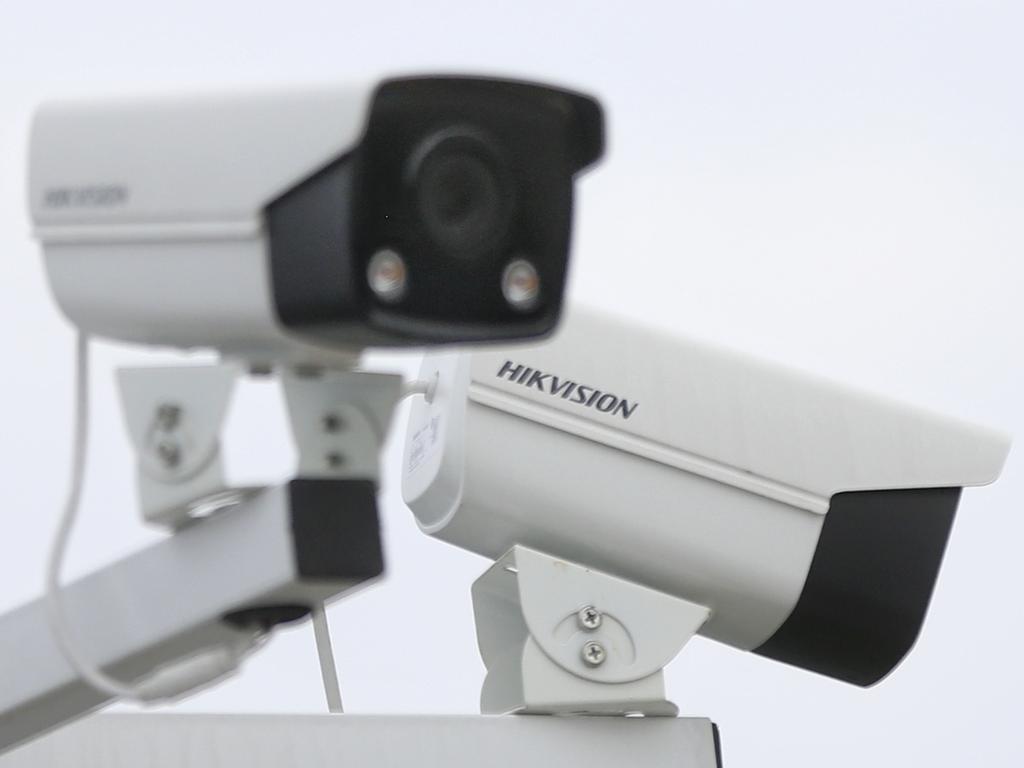

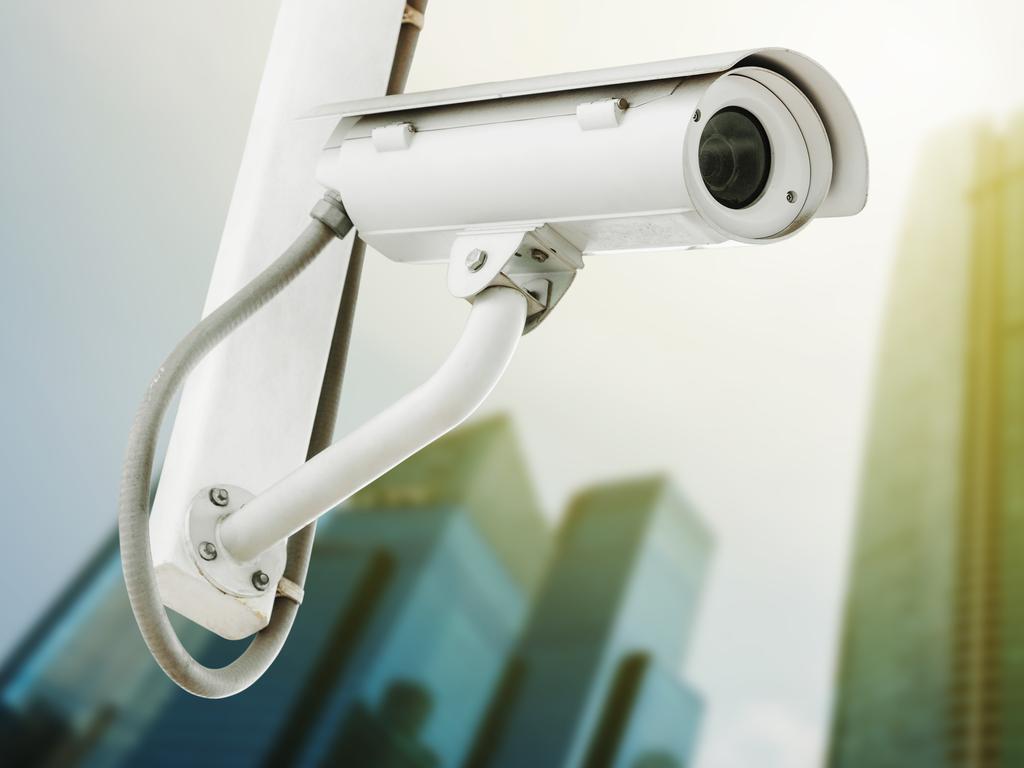



To join the conversation, please log in. Don't have an account? Register
Join the conversation, you are commenting as Logout